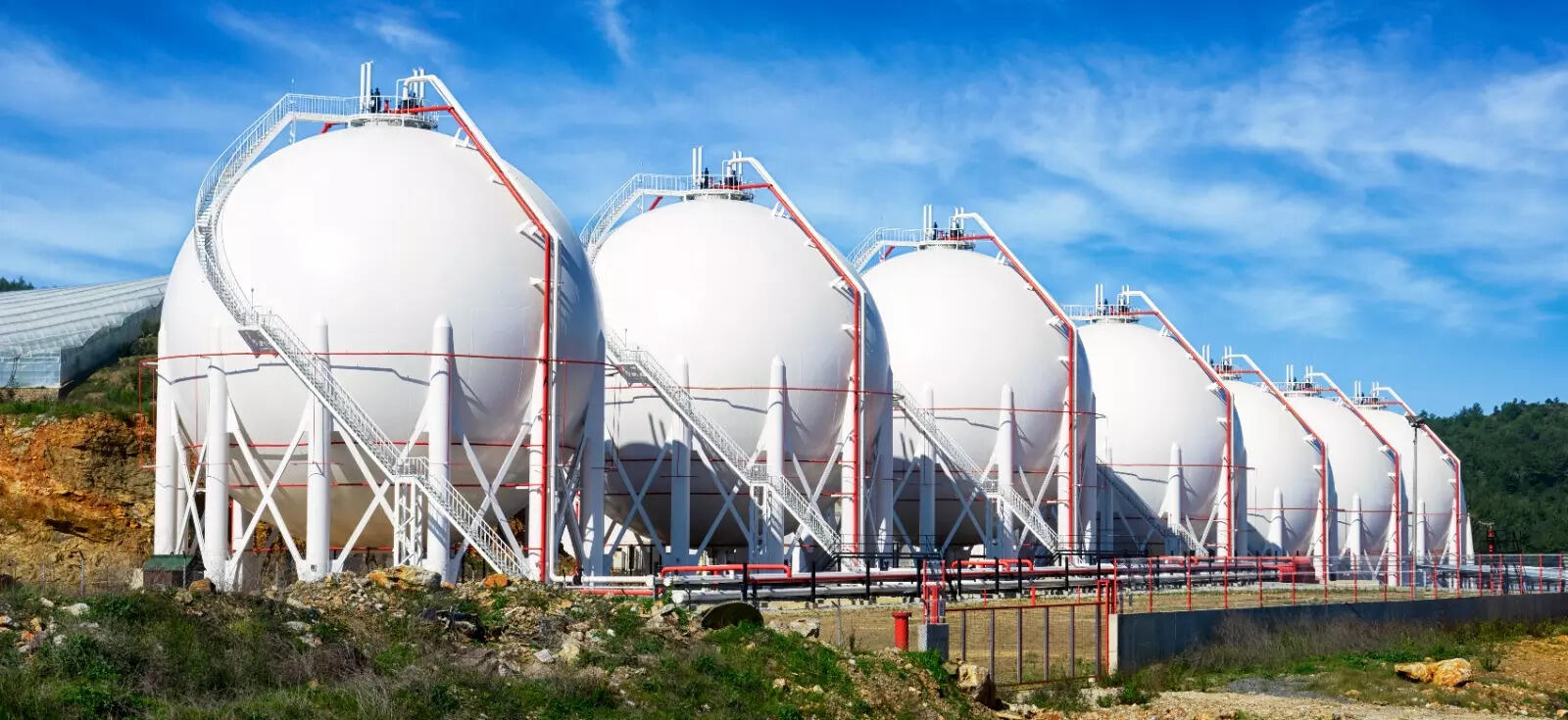
European Union energy regulators have launched a liquefied natural gas (LNG) benchmark price in an effort to avoid the market mirroring spikes in volatile costs for pipeline gas.
The EU conceived the plan last year after Russia cut pipeline gas deliveries to Europe, sending energy bills surging for companies and households.
The EU’s Agency for the Cooperation of Energy Regulators’ (ACER) said that LNG traded on Friday at a discount of 9.57 euros per megawatt hour to the front-month contract at the Dutch Title Transfer Facility (TTF) gas hub.
Based on recent transactions that market participants are required to report, ACER said the price of LNG delivered on an ex-ship (DES) basis, which means the price includes delivery to a specific port, was 38.27 euros per megawatt hour.
LNG prices in Europe have historically been pegged to the Dutch TTF gas hub price, which surged to record highs last year after Russia reduced pipeline gas flows to Europe.
The EU’s aim is for LNG buyers and sellers to use the new benchmark as the basis for their contracts, instead of pegging them to volatile prices for pipeline gas.
Unlike pipeline gas, LNG is not widely traded on exchanges, so the EU also wants to increase transparency around how much the fuel costs.
EU countries have rapidly expanded their use of LNG to replace Russian gas. The bloc’s LNG imports jumped by 71% last year compared with 2021, Refinitiv Eikon data shows.
The success of the benchmark price will depend on whether traders and companies choose to use it. Some industry sources have questioned whether it is needed because many pricing agencies use an existing LNG index.

